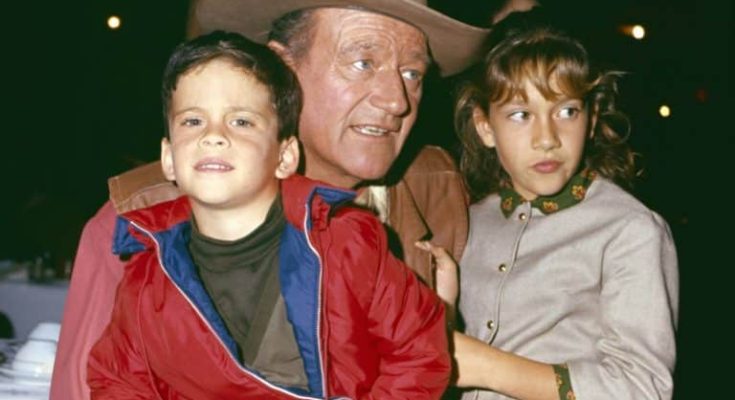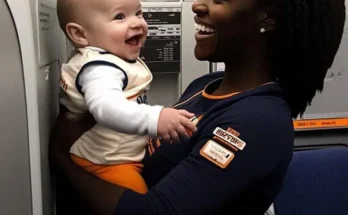John Wayne: From Marion Morrison to Hollywood Legend
Early Beginnings and Name Change
John Wayne, renowned as a Hollywood icon, was born as Marion Morrison on May 26, 1907, in Winterset, Iowa. However, his moniker was forever altered at a young age due to his parents’ Airedale Terrier named Duke.
Fascinatingly, Wayne’s fascination with the name Duke began when he was pictured with the dog, eventually leading to him insisting on being addressed by that name.
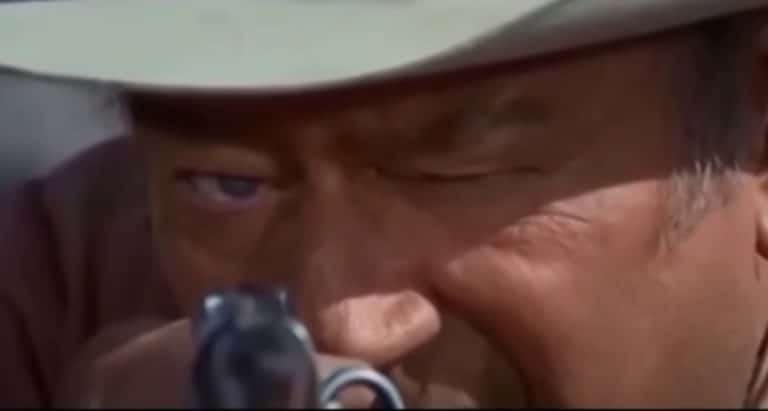
Transition to California
Wayne’s family relocated to Glendale, California, when he was around nine or ten years old. This journey was fraught with challenges, shaping Wayne’s character and values. The move introduced him to a series of experiences that would influence his future significantly.
Influence of Early Life
His formative years in California allowed Wayne to witness diverse aspects of life, from his father’s struggles to his mother’s perseverance. He found solace and relationships in school, which played a pivotal role in shaping his persona.
Education and Football
Wayne’s enrollment at Glendale High School exposed him to acting, igniting a passion that would define his career. Amid playing football, excelling academically, and engaging in various activities, he also became involved in student theatrical productions.
Enter the Film Industry
After a football injury shattered his NFL dreams, Wayne began working in local movie studios, starting as a prop man and extra. This pivotal period exposed him to the intricacies of filmmaking and introduced him to influential figures like John Ford, who became his mentor.

The Name Transformation
Collaborating with director Raoul Walsh marked a turning point, as Wayne was given his first significant role in the 1930 film “The Big Trail.” It was during this time that he transitioned from Marion Morrison to John Wayne. Fox Studios’ preference for names with classical appeal resulted in the name change, with “John” complementing the “Wayne” derived from the Revolutionary War general “Mad Anthony” Wayne.
Rise to Fame
Wayne’s subsequent films, including classics like “Stagecoach” (1939), “The Quiet Man,” “Rio Bravo,” “The Man Who Shot Liberty Valance,” and “True Grit,” catapulted him to stardom. Despite his towering fame, Wayne maintained humility, always considering himself “Duke Morrison.”
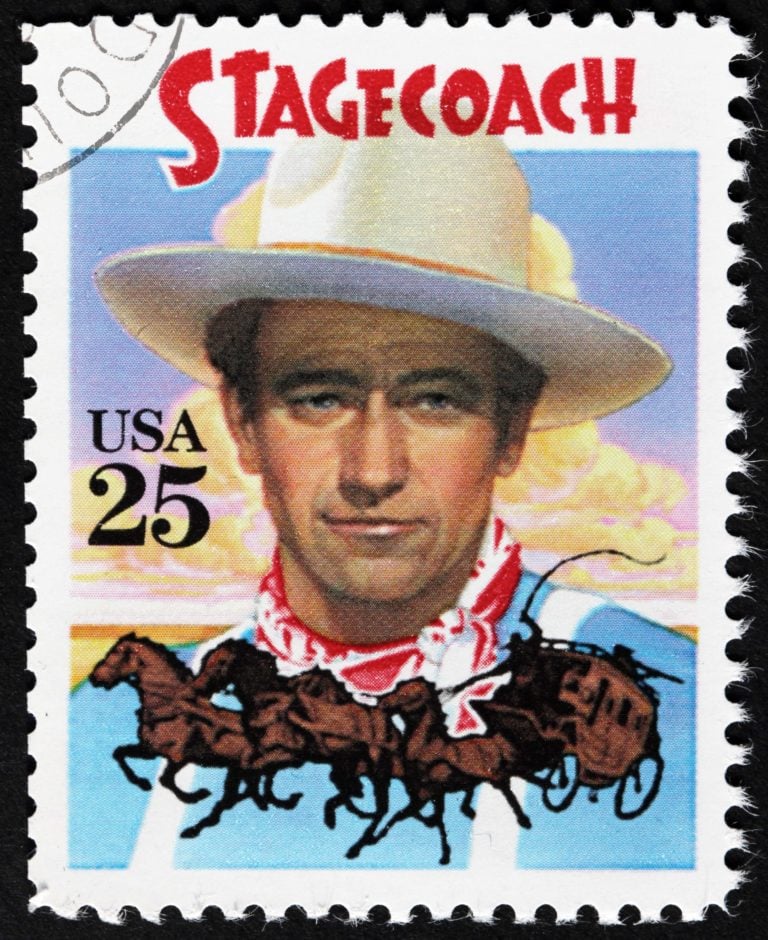
Personal Life and Family
Apart from his cinematic journey, Wayne embraced family life with equal fervor. He married thrice and fathered seven children. His personal life, marked by twists and turns, was a testimony to his complex character.
Legacy and Family Insights
John Wayne’s children, like Patrick, shared insights into their father’s charismatic yet down-to-earth nature. Wayne’s presence could captivate a room, but he also possessed a comforting charm that put people at ease.
Health Struggles and the End
Despite his success, Wayne faced health challenges. In 1964, he was diagnosed with lung cancer, leading to the removal of his left lung and ribs. Wayne’s health took a downward spiral, and his last film, “The Shootist” (1976), depicted his own demise due to cancer.
Lasting Words and Legacy
John Wayne passed away on June 11, 1979, succumbing to stomach cancer. His legacy endures, not only for his remarkable filmography but also for his profound humanity. As he left the world, his touching last words to his daughter Aissa encapsulated the tender side of this Hollywood legend.
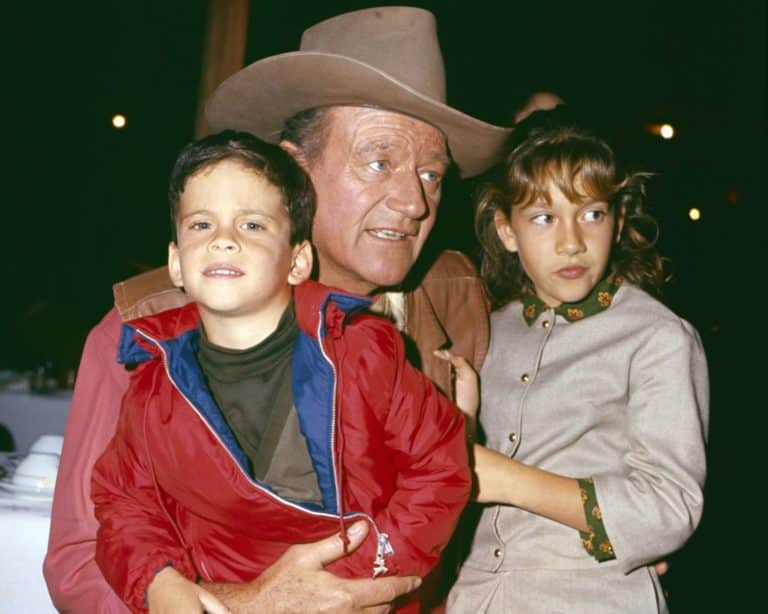
A Life Remembered
The world may remember John Wayne as a rugged Western hero, but his final moments reflected his softer side. His legacy lives on, etched not just in cinematic history but also in the hearts of those who knew him closely.
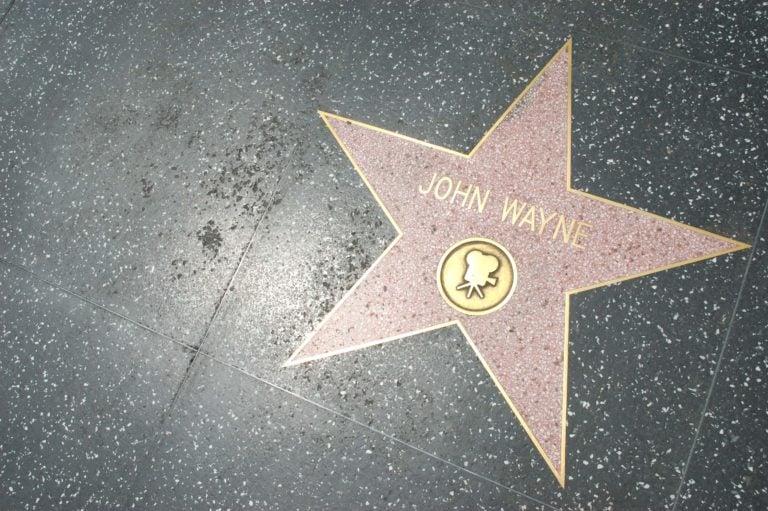
Share the Legacy
John Wayne’s journey from Marion Morrison to John Wayne is a tale of transformation, determination, and impact. As we remember this remarkable figure, share his story with friends and family to keep his legacy alive.
